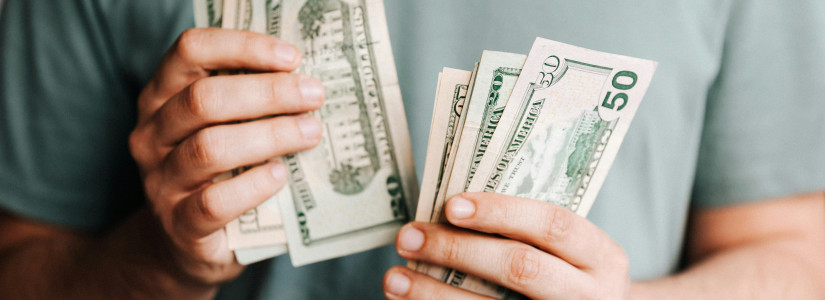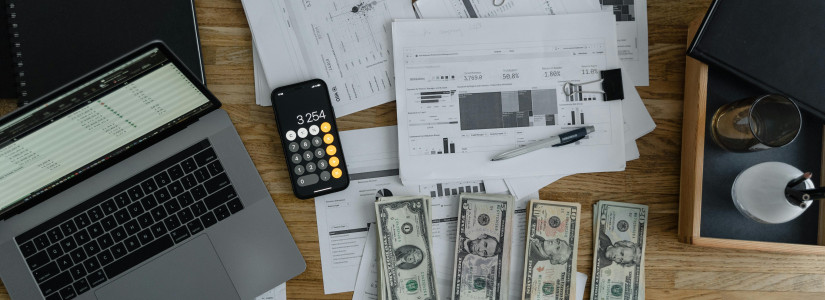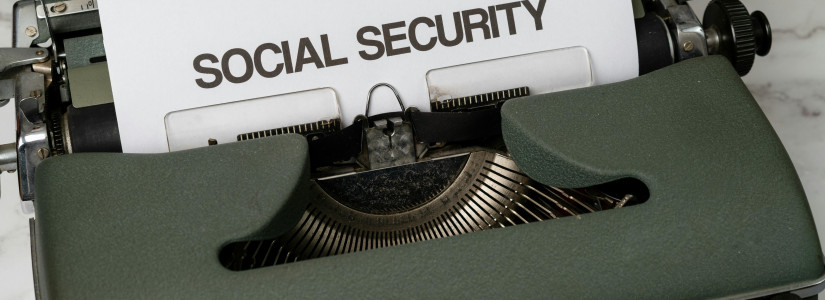Important Bills Piling Up? Tips for Finding the Money You Need
Even before the pandemic, many people struggled to pay necessary bills, such as housing rental or mortgage costs, utilities and automobile insurance. Their incomes weren't high enough to keep up with inflation or a common major life event destroyed their savings.
The pandemic has increased this type of financial instability across the nation. Yet, you don't have to rack up credit card or loan debt or borrow from loved ones to pay your bills. The loss of these precious necessities during a global pandemic isn't an inevitable outcome.
Anyone struggling to save enough money each month to pay necessary bills can quickly regain control of their finances.
Save money on your electric bill here!
Here are some other great tips:Savings at the Gas Pump
Gas prices fluctuate erratically every year. They typically increase the most at the beginning of the year and during the summer months, but they can also increase rapidly during transportation disruptions, manmade and natural disasters and with any negative news from oil-rich geographic regions. In years past, financial experts would recommend the use of public transportation to reduce personal transportation costs. The pandemic has obviously made public transportation a risky alternative. Instead, sign up for one or more fuel savings programs. Major gas stations offer loyalty programs that provide drivers with a discount at the pump. Many banks and credit card companies offer fuel points or cashback programs that provide you with a discount or cash when you use their cards at the pump. Some grocery stores also sell fuel and give customers a discount based on points that they earn from every dollar spent on food and other in-store items.
Control Food and Related Costs
Many people spend more than planned at grocery stores because they ignore loyalty programs and sales and make impulsive buying decisions. You can save a lot of money by thinking in a more strategic fashion. For example, if you don't have a free loyalty card from every store where you shop, you're literally throwing away money. Most grocery stores only offer their sale prices to loyalty card holders. If a store doesn't sell fuel, they give you a discount on your grocery order total. Some stores also give loyalty program customers free samples, new products and even a whole ham or turkey during winter holidays. If you don't currently use print and digital coupons, you're buying items at full price that companies literally pay customers to buy. Depending on the store, you can also double the discount with most coupons. Additionally, never enter a store without a list. People who use lists are less likely to make impulse purchases.
Cut the Unnecessary Expenses
Unnecessary spending, such as buying restaurant food and making entertainment purchases, can damage your finances without you realizing it. Many people use these types of comfort expenses to help them cope with stress, which means they might consider these purchases a necessity. As a result, it's important to find balance. If you can't save enough money using the previous tips, recheck your past monthly expenses and reduce one or more instances of unnecessary future spending. The good news is that you can often find free, relaxing alternatives. For example, you might end an expensive fitness center or gym subscription and exercise at home alone or with others in classes provided via free video conferencing or end a cable or satellite subscription and watch shows and movies on a free, ad-supported video streaming website. Instead of buying new books, check out the same books through your local library in print or digital format. If you drink a lot of coffee, you can also save yourself from financial heartache and ruin by simply cutting from your routine any coffee you buy regularly from your favorite cafes.
Investigate Community Assistance
If you're still struggling to pay your most important bills, use 211.org or findhelp.org to locate local, state, federal and non-profit, community-level assistance programs. Some people believe incorrectly that they make too much money because of their incomes or a previous income-related denial through a single program. County assistance offices take into account monthly rental or mortgage and other costs when determining eligibility. If you have children, for example, you might discover that you qualify for housing, food and perhaps even cash assistance. If you spend a lot of money on phone bills, check out the federal Lifeline program, especially if you're disabled, to see if you qualify for a discount on current services or free emergency cellular phone, text and internet services. Otherwise, invest in a prepaid phone and use a free social network chat dialer for long conversations. Lastly, churches and food pantries often disregard income and consider current circumstances, which means you might be able to reduce food costs with their help. You can also save money by shopping for kitchenware, furniture and other household items and low-cost holiday gifts at a non-profit thrift store.
Conclusion
These tips can't solve the problem of more money going out to bills than coming in via an income. You might need to ask your landlord, lender, utility provider or insurer if they can work with you temporarily to make a reduced payment and catch up later. You might need to shop around for a less expensive place to live or insurance plan. That said, as you can see, you can reduce costs in other areas of your life, which then provides you with extra money on a monthly basis to apply to your bills. You can also find plenty of assistance programs designed to help people with necessary expenses during hard times.












